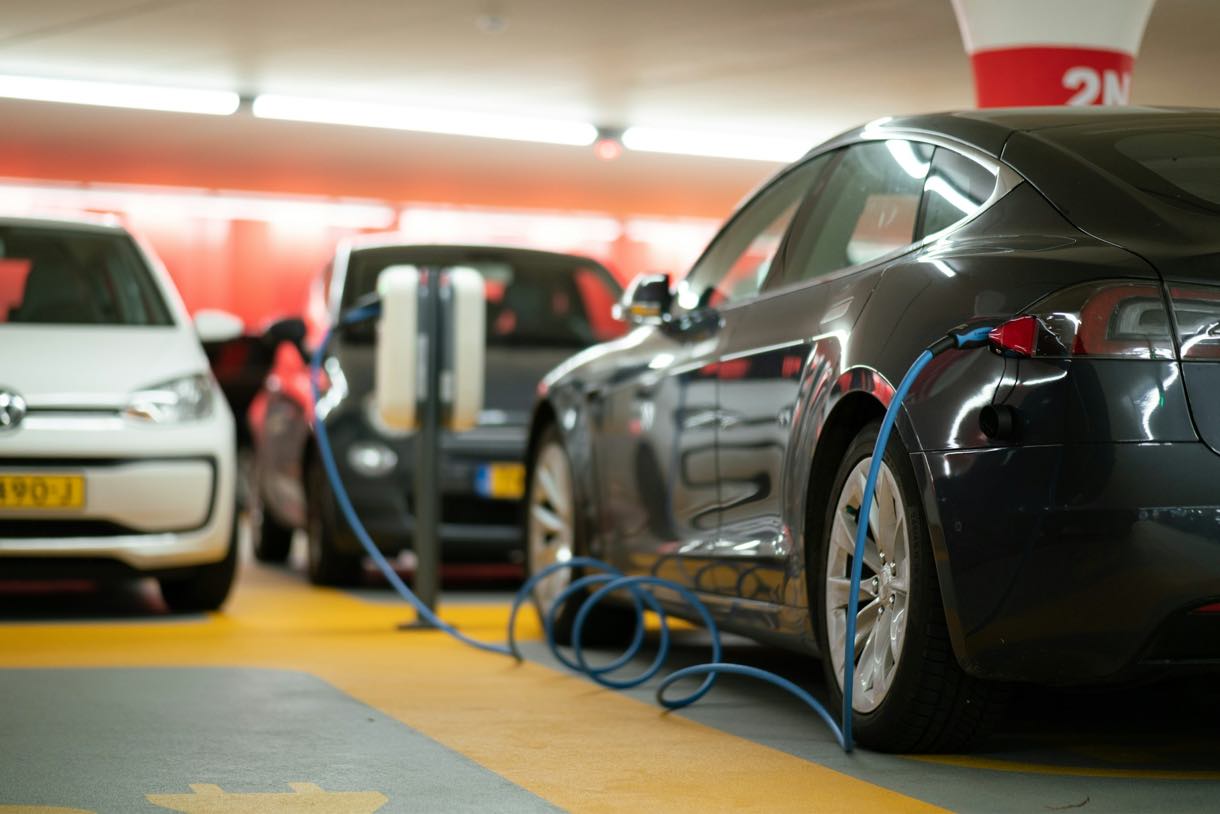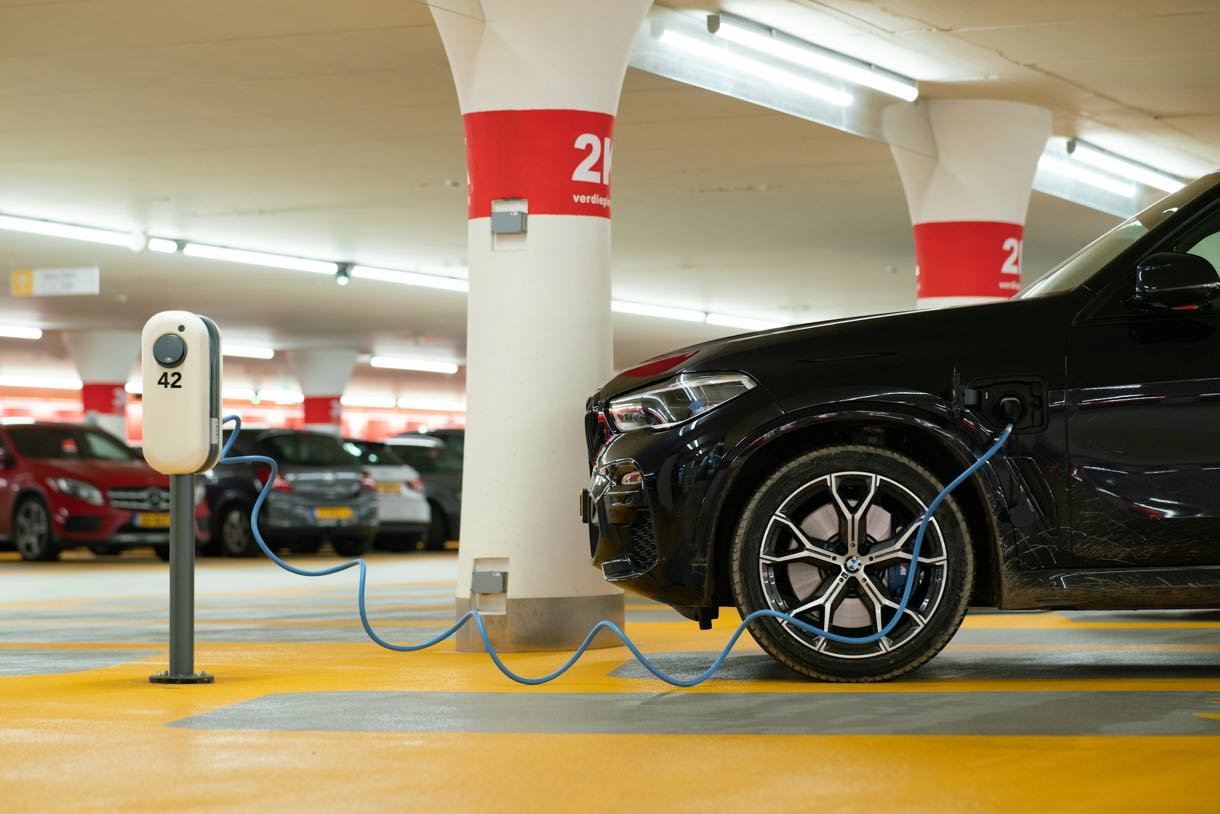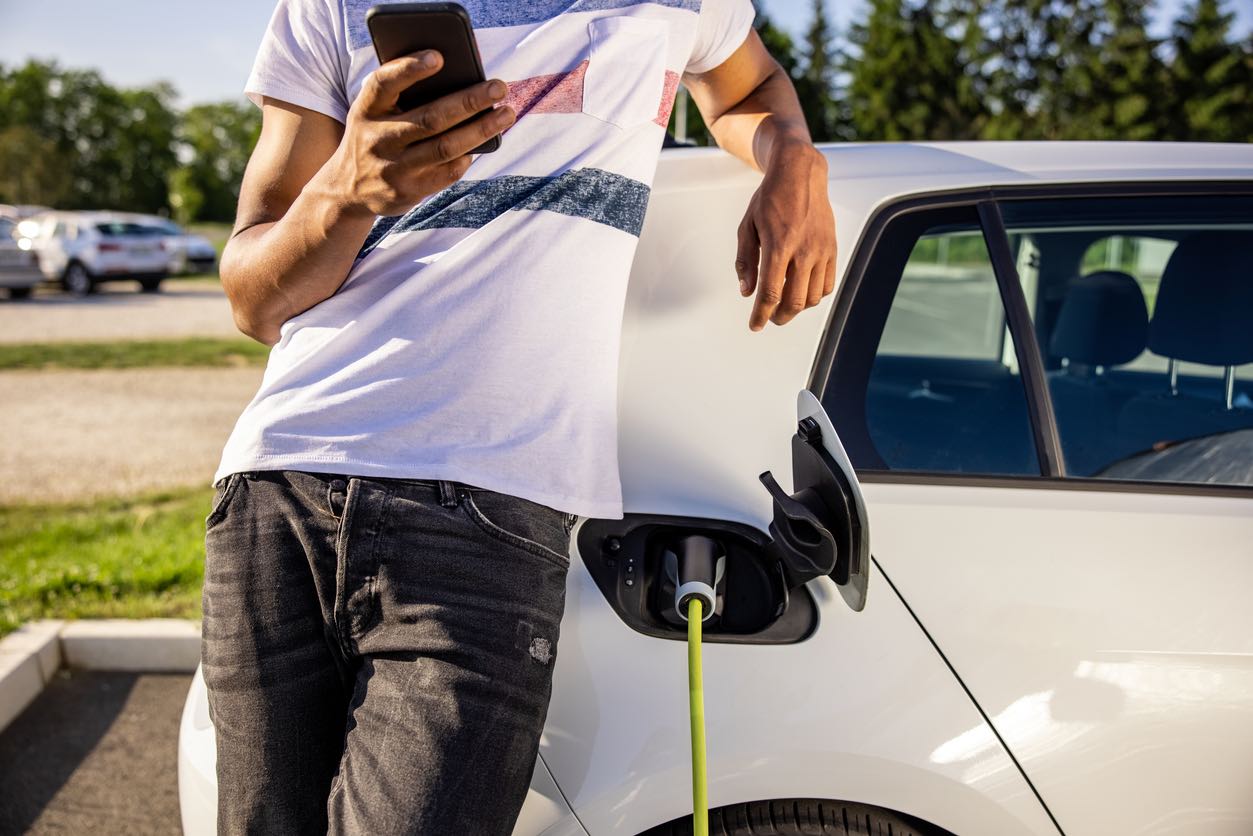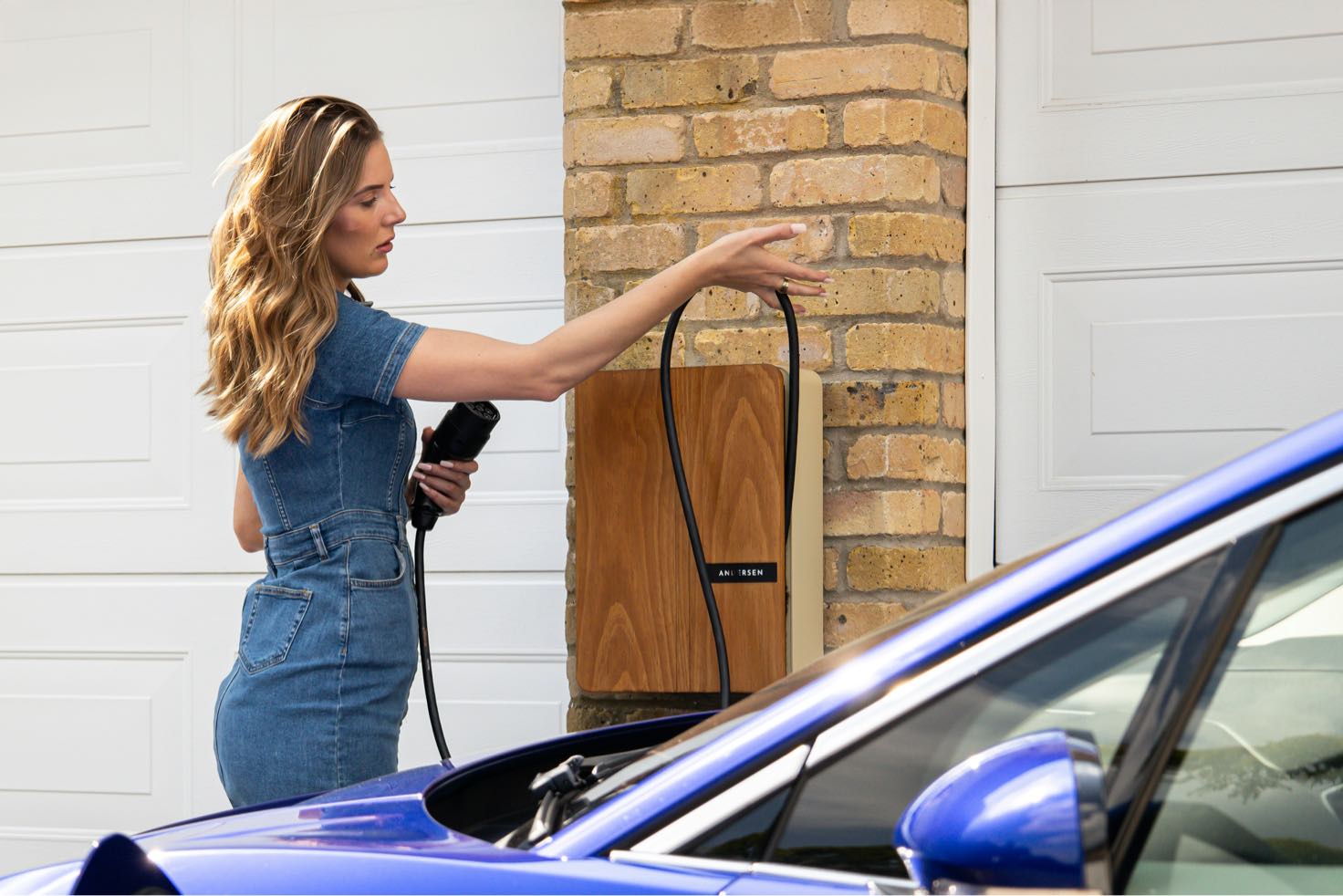Despite the fact that electric cars (EVs) are continuing to gain market penetration, the automotive sector in the United States is undergoing a seismic transformation. This transition from vehicles powered by internal combustion engines (ICE) to electric vehicles (EVs) is not simply a shift in the sort of power that gets our automobiles moving; rather, it is a fundamental revolution that is affecting a variety of industries, notably those that supply auto parts. Suppliers are confronting new difficulties that have the potential to change their operations as a result of electric vehicles requiring much less parts than their internal combustion engine rivals.

Reduction in Parts Demand With their intricate assemblies, internal combustion engines (ICEs) are jam-packed with parts, including exhaust systems, fuel injectors, radiators, and spark plugs—all of which are unnecessary in electric cars. For example, the engine of a Tesla model has just roughly 20 moving components, compared to hundreds in conventional gasoline-powered automobiles. Thousands of parts suppliers, both large and small, are facing the possibility of a once-thriving industry sector declining as a result of this severe drop in components.
Industry Response and Advocacy The Specialty Equipment industry Association (SEMA), which represents over 7,000 primarily small suppliers, has expressed serious worries about the changing industry. Approximately one-third of the goods produced by SEMA’s members directly rely on ICE technology. Mike Spagnola, the CEO of SEMA, spearheaded a number of lobbying initiatives on Capitol Hill, highlighting the necessity of a balanced approach to vehicle regulation that encompasses clean diesel, hydrogen, hybrids, and electric cars in addition to EVs. SEMA is not anti-EV, despite its past reliance on internal combustion engines (ICE) cars; rather, they support a variety of technical options to address different customer needs and driving scenarios.

Supporting Transition and Innovation Understanding the difficulties, the US government has intervened to help with this change. Recently, the Department of Energy announced a $100 million plan by the Biden administration to assist car suppliers in adapting. This fund is divided into awards intended to assist small and medium-sized enterprises in diversifying their manufacturing capabilities or moving from producing ICE parts to EV supply chains. The ability for established suppliers to pursue new opportunities and guarantee their position in the automobility industry is made possible by this financial assistance, which is essential.
Diversifying for Survival Suppliers’ capacity to innovate and diversify will be critical to their survival. Prospects are opening up in sectors such as battery recycling and the creation of tires and brake systems appropriate for larger electric vehicles. Making these changes is not only about being current; it’s also about taking the lead in a newly emerging market that cares about the environment. Furthermore, providers that are prepared to invest in these cutting-edge technologies and adapt will have more opportunities when connected and autonomous vehicles become commonplace.

Economic Impact on Suppliers Suppliers who have a significant financial stake in ICE technology, in particular, face significant financial obstacles when transitioning to electric vehicles. Developing new goods and switching to new production techniques can have significant upfront expenses. On the other hand, the long-term economic picture presents opportunities for gains by way of involvement in an expanding, environmentally friendly technological industry that may ultimately result in increased returns on investment.
Environmental Benefits Making the switch to electric vehicles has overwhelmingly beneficial environmental effects. We can greatly reduce greenhouse gas emissions and our collective carbon footprint by putting fewer gas-powered cars on the road. A larger national and international effort to prevent climate change and advance sustainable development must include the transition.
The automobile industry’s shift to electric vehicles has significant ramifications for the whole supply chain. Suppliers of auto parts are especially affected; they face both substantial obstacles and exciting prospects. The industry’s capacity to innovate and diversify in order to respond to these developments will determine its destiny. A seamless transition will depend on legislation, financing, and technological advancements supporting these enterprises. Not only is innovation essential for survival, but it’s also a chance to take the lead in a more sustainable and clean future. Not only will suppliers survive, but they may even prosper, if they can modify their business models to suit the demands of EV production.
The switch to electric cars provides a blank canvas on which to rethink the function of auto component suppliers. As conventional components like radiators and exhaust systems age, there is a ton of room for expansion in emerging fields like electronic systems and battery technology. To create a supportive atmosphere for this shift, stakeholders—including governments and business executives—must work together. This transition may be accelerated by funding R&D and providing incentives for implementing new technology. In the end, the auto parts industry’s capacity for adaptation will determine not just its own destiny but also the transportation sector’s economic and environmental environment.

Ship A Car, Inc. is a prominent player in the market when it comes to shipping cars and freight throughout the United States. Their skilled transport coordinators are prepared to manage your needs, whether you need to transport a little automobile, a fleet of trucks, or odd cargo. Ship A Car, Inc. is your go-to source for all your transportation requirements because of its dedication to provide the finest shipping rates along with top-notch customer support.
Q: What are the main concerns of auto parts suppliers regarding the shift to EVs?
A: Suppliers are concerned about how quickly technology is changing, how much it will cost to switch to new manufacturing techniques, and how much demand there is for conventional vehicle components.
Q: How is the government supporting suppliers in transitioning to EVs?
A: Through the Department of Energy, the government is providing financial assistance, including grants totaling $100 million, to assist suppliers in modifying their business practices to support electric vehicle manufacture and expanding their capacity for production.
Q: What opportunities exist for auto parts suppliers in the EV market?
A: The development of new technology, such as remanufactured batteries, sophisticated braking systems, and tires made specifically for larger electric cars, presents several options. Suppliers may also investigate markets for connected and self-driving car technology.




